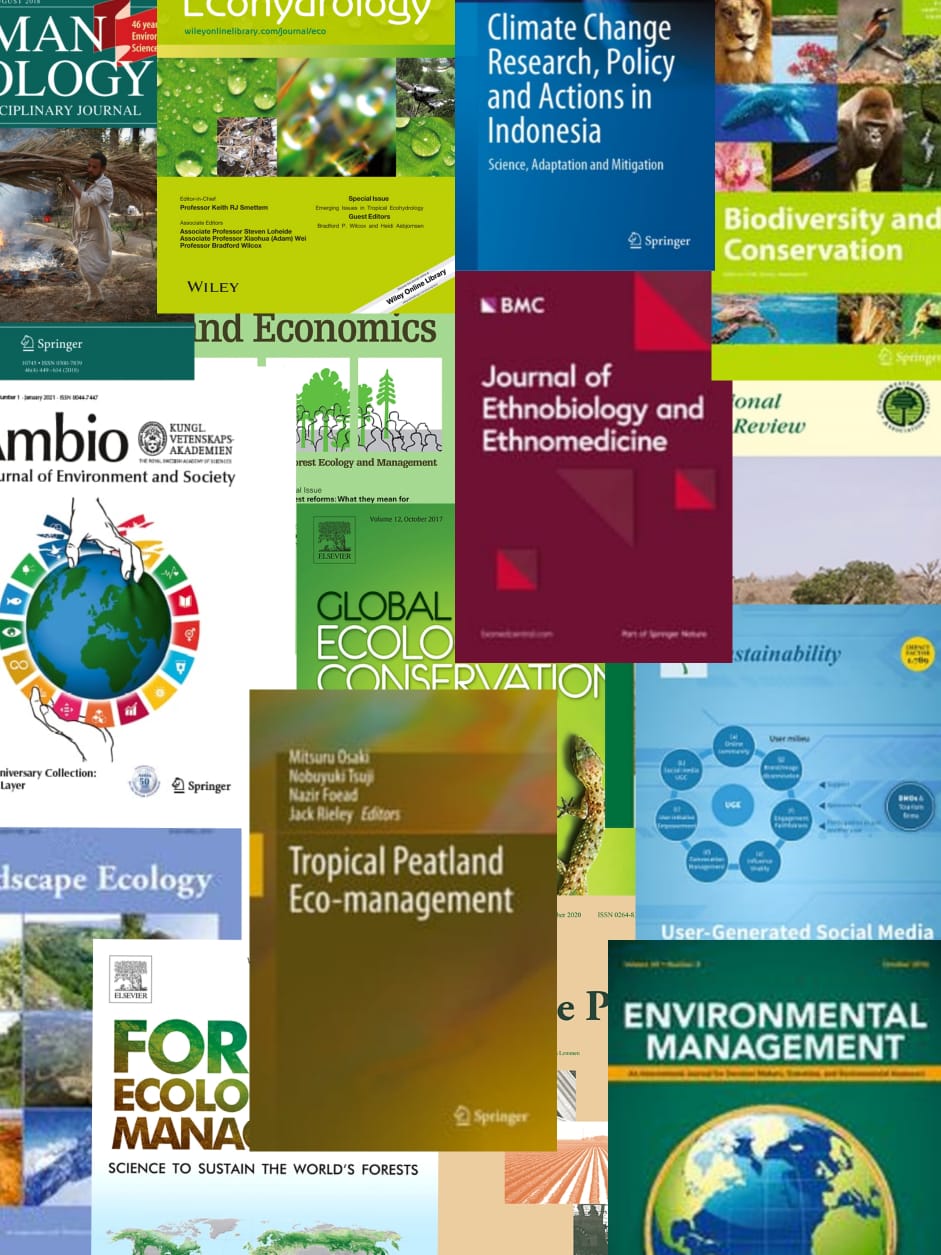Thailand produces one-third of the world's total natural rubber and is the top supplier of natural rubber to Europe. The European Product Environmental Footprint (PEF) plays an essential role in reducing the environmental impacts of the rubber products imported into Europe. This is the first work to evaluate the PEF of fresh latex, cup lump, and hevea wood from the plantation phase (primary products) and the PEF of intermediate rubber products: ribbed smoked sheets (RSS), ribbed smoked sheet bales (RSSB), block rubber (Standard Thai Rubber, STR 20), concentrated latex, and lumber AB in Thailand. A national database and secondary data were used to compile a life cycle inventory. The PEF of fresh latex, cup lump, and hevea wood were 0.194, 0.437, and 0.229, respectively. RSS and RSSB showed PEF values of 3.96 and 1.52, respectively while those of STR 20, concentrated latex, and lumber AB were 0.861, 1.49, and 0.473, respectively. The most significant impacts are human toxicity (non-cancer effects) in RSS and RSSB, human toxicity (cancer effects) in STR 20, eutrophication (terrestrial) in concentrated latex, and particulate matter/respiratory inorganics in lumber AB. The hot spots originated from the acquisition of fresh latex and firewood use in the RSS production. A significant influence on firewood consumption was found during the production of RSS by a sensitivity analysis. To enhance the competitiveness of Thailand's rubber industry in the European Union market, minimization of the use of firewood and increasing energy efficiency are crucial in the manufacture of rubber products. Policymakers should emphasize increasing knowledge of sustainable practices for farmers to reduce the impacts at the plantation phase. The PEF results can be used as decision criteria for the development of rubber-product PEF labels. © 2019 Elsevier Ltd
View source

